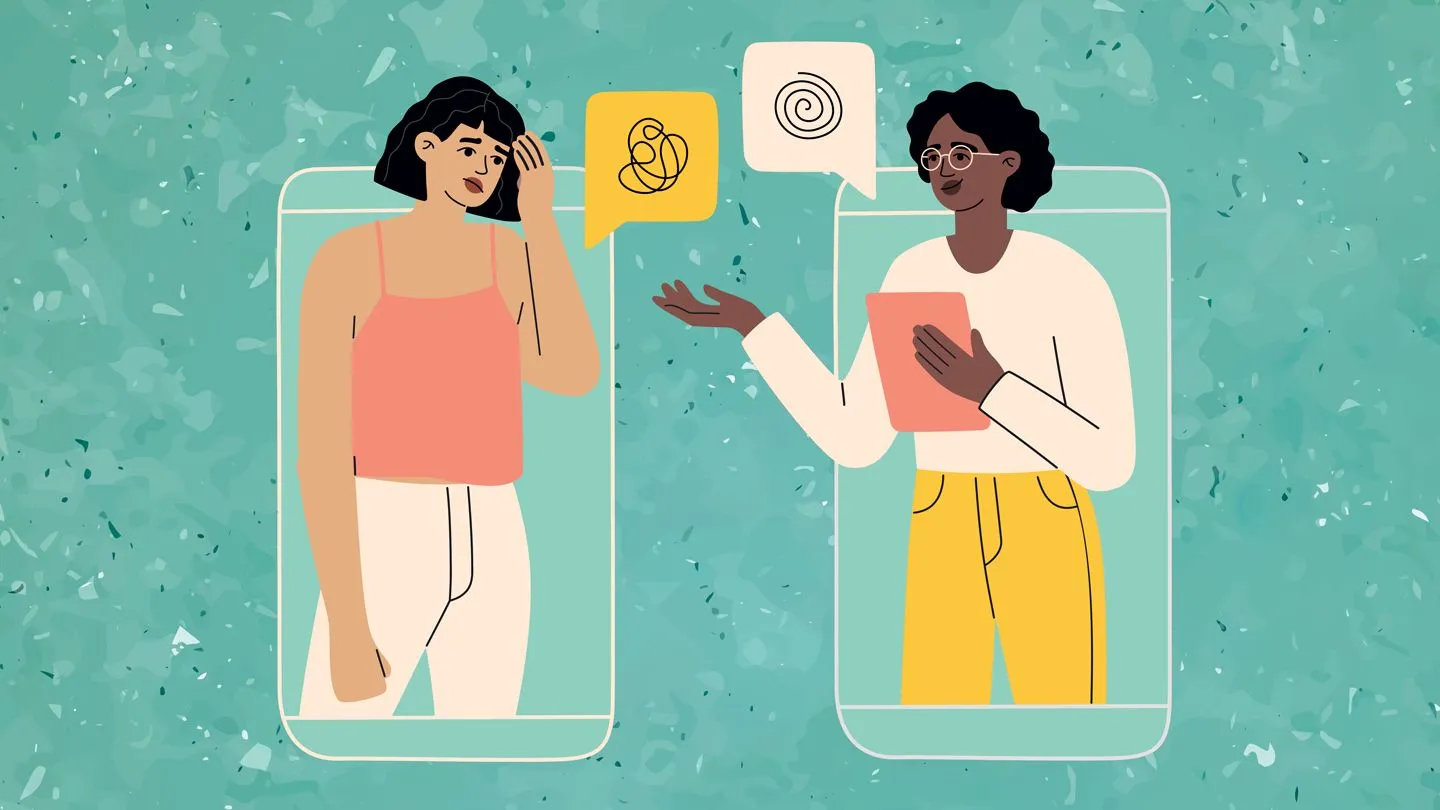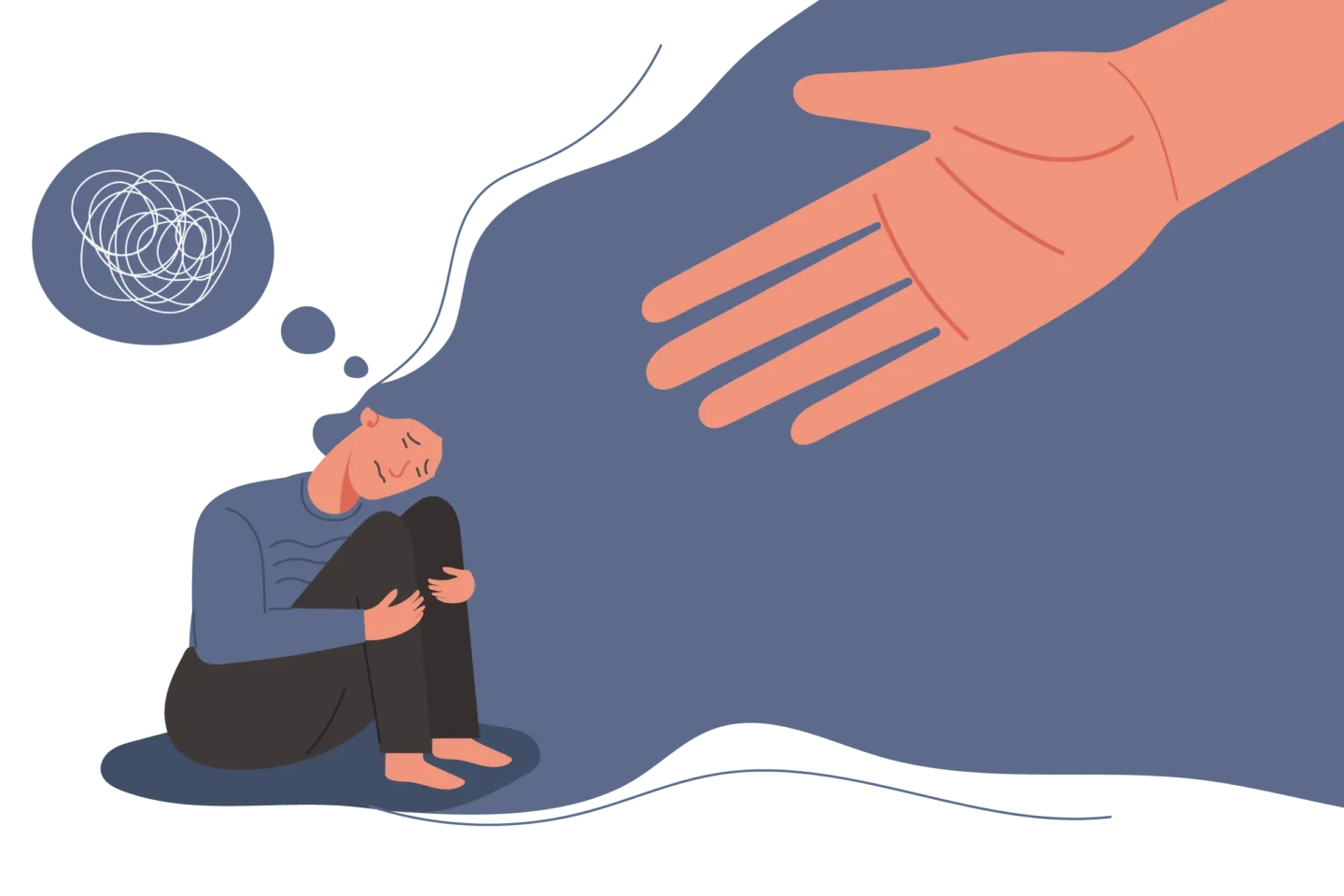Dealing with depression can feel like being trapped in a fog, where every step forward feels heavy and uncertain. When the weight of depression becomes too much to bear alone, inpatient treatment can be a beacon of hope. But you might be wondering about “How Long is Inpatient Treatment for Depression?” Let’s dive into that. But first, let’s clear something up: there’s no one-size-fits-all answer. Everyone’s journey with depression is unique, and so is their treatment plan.
What is Inpatient Treatment for Depression?
Inpatient treatment, also known as residential treatment, involves staying at a specialized facility where you can receive 24/7 care. This kind of treatment is designed for individuals experiencing severe depression who need intensive support and monitoring. The goal is to provide a safe and structured environment where you can focus entirely on your recovery without the distractions and stresses of everyday life.
If you need a trusted depression treatment Arlington center, just give Elysian Psychological Services a call now! Our experts are always ready to help you out.

Factors Influencing the Length of Inpatient Treatment
The duration of inpatient treatment for depression isn’t a one-size-fits-all scenario. Several factors can influence how long you might need to stay in a residential facility:
- Severity of Depression: The more severe your depression, the longer you may need to stay in inpatient care to ensure you receive the support and treatment necessary to stabilize your condition.
- Response to Treatment: Everyone responds differently to treatment. Some may see significant improvements in a short time, while others might need a longer period to find the right combination of therapies and medications.
- Co-occurring Disorders: If you have other mental health conditions or substance abuse issues, your treatment plan might be more complex and require a longer stay.
- Personal Circumstances: Your personal support system, work, and family obligations can also impact the duration of your stay. Some facilities might offer flexible programs that can accommodate these factors.
Typical Duration of Inpatient Treatment
While the exact length of inpatient treatment can vary, here are some general guidelines to give you an idea of what to expect:
- Short-Term Programs: These typically last from 7 to 14 days. Short-term programs are often focused on crisis stabilization. They provide immediate intervention to help you get back on your feet and might serve as a bridge to longer-term outpatient treatment.
- Medium-Term Programs: Lasting anywhere from 30 to 60 days, these programs offer more time to delve deeper into the underlying issues contributing to your depression. They often include a combination of individual therapy, group therapy, medication management, and holistic approaches like art therapy or mindfulness practices.
- Long-Term Programs: These can range from 90 days to six months or more. Long-term programs are designed for those with chronic depression or those who haven’t responded well to previous treatments. They provide a comprehensive and immersive approach to treatment, addressing all aspects of your mental health and well-being.
What to Expect During Inpatient Treatment
Understanding what happens during inpatient treatment can help alleviate some of the uncertainty and anxiety about the process. Here’s a breakdown of what you might experience:
- Assessment and Diagnosis: Upon arrival, you’ll undergo a thorough assessment to understand the severity of your depression, any co-occurring disorders, and your overall health. This helps the treatment team create a personalized plan tailored to your needs.
- Therapeutic Interventions: You’ll participate in various therapeutic activities, including individual therapy sessions with a licensed therapist, group therapy, and possibly family therapy. These sessions aim to help you understand the root causes of your depression, develop coping strategies, and build a support network.
- Medication Management: If medication is part of your treatment plan, you’ll have regular check-ins with a psychiatrist to monitor your progress and make any necessary adjustments.
- Holistic Therapies: Many inpatient facilities offer holistic therapies such as yoga, meditation, art therapy, and exercise programs. These activities can complement traditional therapies and promote overall well-being.
- Education and Skill-Building: You’ll learn about depression, its effects, and strategies to manage it in the long term. This might include stress management techniques, healthy lifestyle habits, and relapse prevention skills.
- Aftercare Planning: As your inpatient stay comes to an end, the treatment team will help you develop a comprehensive aftercare plan. This might include outpatient therapy, support groups, medication management, and other resources to support your continued recovery.
The Importance of Personalized Treatment
One of the key aspects of inpatient treatment is that it’s tailored to your unique needs. There’s no universal timeline for recovery because everyone’s journey with depression is different. What matters most is finding the right combination of treatments and support that work for you.
Overcoming the Stigma of Inpatient Treatment
Unfortunately, there can be a stigma associated with seeking inpatient treatment for mental health issues. However, it’s essential to remember that taking this step is a sign of strength, not weakness. It’s a proactive measure to take control of your mental health and work towards a better quality of life.
Seeking Inpatient Treatment: Your Next Steps
If you or a loved one is considering inpatient treatment for depression, here are some steps to get started:
- Consult a Healthcare Professional: Speak with your primary care doctor, therapist, or psychiatrist about your symptoms and concerns. They can help determine if inpatient treatment is the right option for you.
- Research Facilities: Look for reputable inpatient treatment centers that specialize in depression. Consider factors such as location, types of therapies offered, and reviews from former patients.
- Prepare for Your Stay: Arrange for time off work, organize your home affairs, and inform close friends or family members about your plans. Having a support system in place can make the transition smoother.
- Embrace the Process: Going into inpatient treatment can be daunting, but try to embrace the experience with an open mind. Remember that this is a step towards reclaiming your mental health and improving your quality of life.
Wondering about “How Long Does Depression Treatment Last?” Visit our blog page now to read all about it!

Conclusion
The length of inpatient treatment for depression varies based on individual needs and circumstances. Whether it’s a short-term stay for crisis stabilization or a longer program for comprehensive care, the goal is to provide you with the tools and support needed for recovery. Taking this step can be transformative, offering hope, healing, and a path towards a brighter future. Remember, seeking help is a courageous act, and you deserve the care and support that inpatient treatment can provide. Feeling overwhelmed by depression? Elysian Psychological Services offers expert inpatient treatment tailored to your needs. Don’t wait to take control of your mental health—our compassionate team is here to guide you through every step. Reach out now to learn how long our effective inpatient programs can support your recovery. Your journey to a brighter future starts here!


